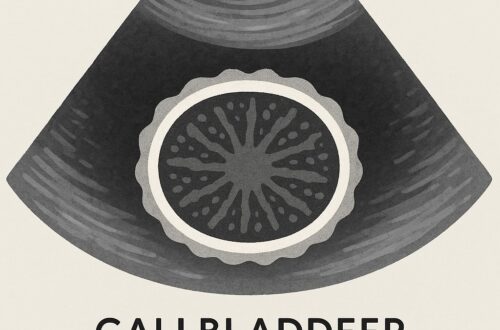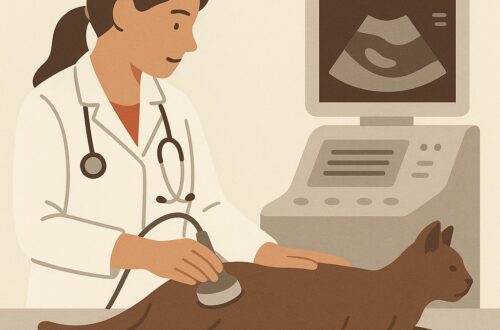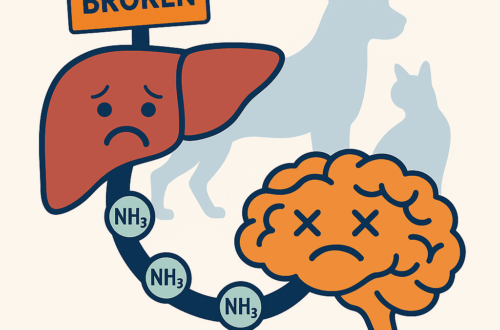If you’ve remotely paid attention to the news recently, you’ve undoubtedly heard or read about COVID-19, a novel coronavirus infection. This is a serious and potentially lethal disease. CriticalCareDVM.com is dedicated to providing pet owners with comprehensive, up-to-date, and unfiltered details about various pet health conditions. To that goal, this week I’m sharing information about COVID-19 as it relates to our feline and canine companions. I hope you find the post information and will share it with other pet owners. Happy reading!
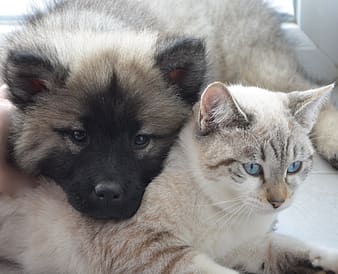
What is COVID-19?
To understand COVID-19, you need to know a little bit about coronaviruses. Coronavirus are a group of viruses that are enveloped and contained a single strand of positive-sense ribonucleic acid or RNA. The name coronavirus comes from the Latin word corona that means crown or halo. When viewed under electronic microscopy, coronavirus viral particles look like crowns because they’re covered in club-shaped protein spikes.
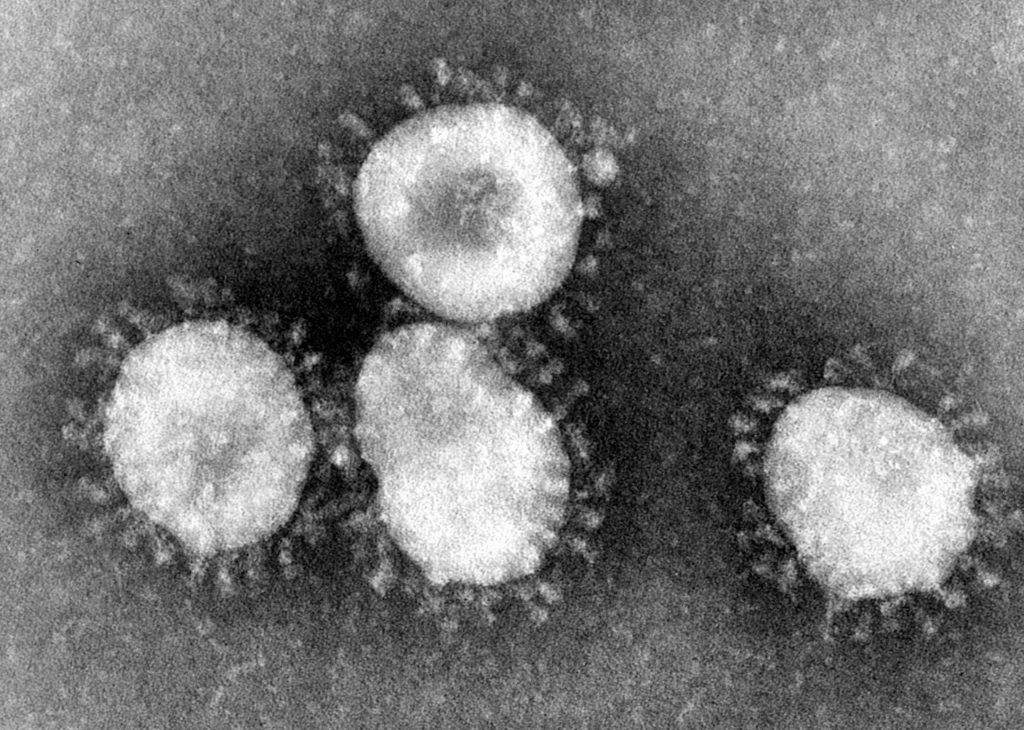
Other coronaviruses affecting humans with which you are likely familiar are severe acute respiratory syndrome (SARS) and Middle East respiratory syndrome (MERS). Cats get their own coronavirus that typically causes either no clinical signs or very mild diarrhea. With that being said and for reasons veterinarians have yet to fully elucidate, feline coronavirus can change to a potentially lethal disease called feline infectious peritonitis. Similarly, dogs have their own coronavirus that can cause diarrhea, lethargy, and reduced (or loss of) appetite. Simply stated, cat and dog coronaviruses are very different than COVID-19.
In late 2019, a novel coronavirus called COVID-19 was first documented in people in Wuhan, China. As of 5 March 2020, more than 97,000 cases have been confirmed, of which 7,100 were classified as serious; 87 countries and territories have been affected with major outbreaks in China, South Korea, Italy, and Iran. More than 3,300 people have died, while more than 53,000 people have recovered. Based on published information to date, affected humans often develop a fever, non-productive cough, fatigue, and difficulty breathing. Pharyngitis (sore throat), rhinorrhea (runny nose), and sneezing are less common. Patients, particularly the elderly and those with compromised immune systems, can readily develop pneumonia and can die.
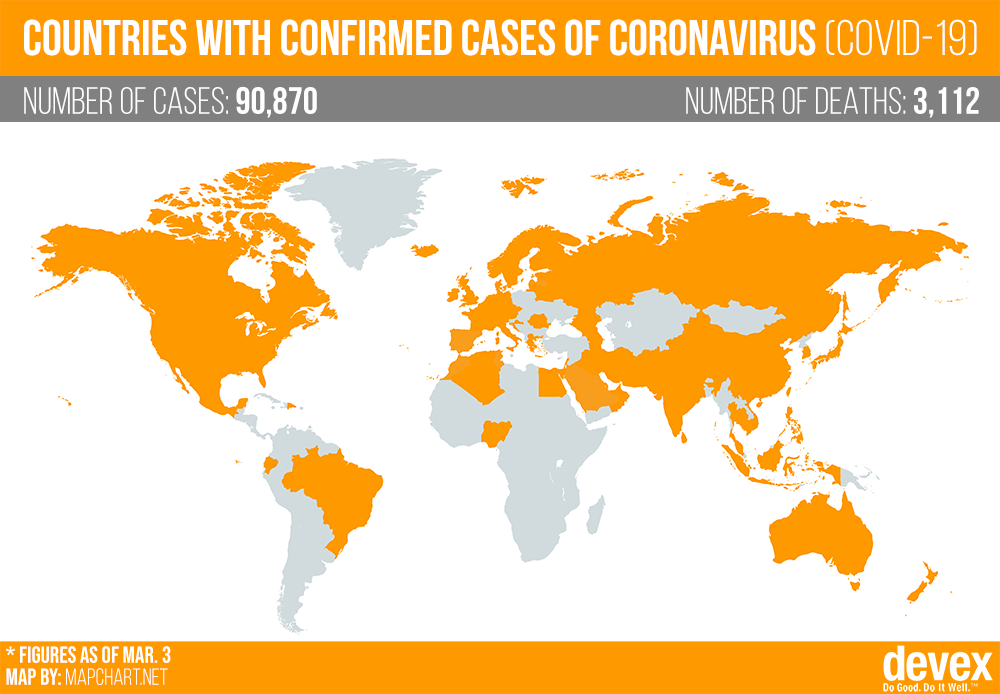
Can my pet get it?
On 27 February 2020, news broke of a Pomeranian in Hong Kong that tested weak positive for COVID-19. Subsequent tests have been performed, including by the World Organization for Animal Health (OIE), and all have revealed similar results. Why was the dog tested? Its owner tested positive for COVID-19. Veterinarians and human health officials have been trying to determine whether there was actual human-animal transmission of COVID-19 or if there was environmental contamination that resulted in the dog’s positive result. On 5 March 2020, it was reported the OIE and Hong Kong Government “have unanimously agreed that the ongoing results of the Pomeranian dog suggest that the dog has a low-level of infection and that this is likely to be a case of human-to-animal transmission.”
The dog has been quarantined out of an abundance of caution, but has never had clinical signs of illness. According to Hong Kong’s Agriculture, Fisheries, and Conservation Department, the dog will remain in quarantine until it tests negative.
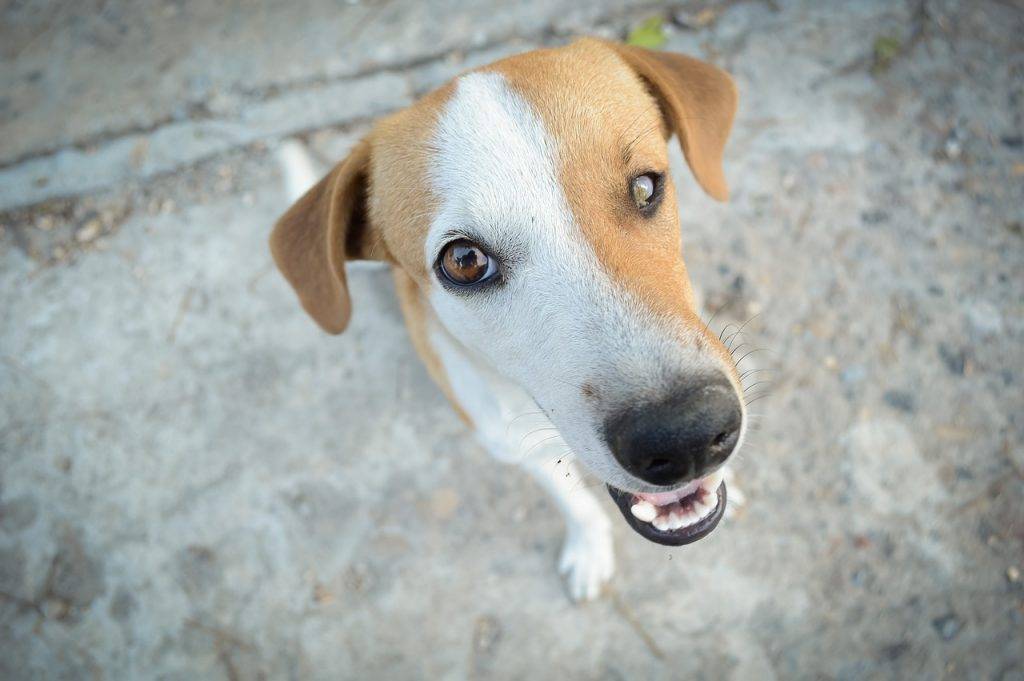
Based on currently available information, both the US Centers for Disease Control (CDC) and World Health Organization (WHO) report there is no evidence cats or dogs (or other companion animals for that matter) can spread COVID-19. Furthermore, there is also no evidence pets get sick from COVID-19. Certainly, there is a lot more we need to learn about this novel coronavirus, so be sure to be on the look out for updates!
If your cat or dog develops respiratory signs like sneezing, nasal discharge, and/or coughing, you should have them evaluated by their primary care veterinarian as soon as possible. Dogs with upper respiratory signs are more likely to have canine infectious respiratory disease complex (CIRDC; aka “kennel cough”) while cats with respiratory signs are more likely to have herpersvirus, calicivirus, or asthma.
Will COVID-19 affect my pet’s healthcare?
According to the American Veterinary Medical Association, 32 animal drug companies either make their drugs or obtain ingredients for their drugs from China. The Food & Drug Administration (FDA) can contacted all of these companies, and to date, none of them have reported drug shortages. With that being said, at least six companies reported disruptions in their respective supply chains. Such disruptions could lead to drug shortages.

Veterinarians commonly prescribe medications that are FDA-approved for humans because of a specific regulation that allows for extra-label drug use. This practice allows them to successfully treat a myriad of diseases for which there are no available FDA-approved drugs for animal use. This also means veterinarians will inevitably encounter shortages of these human medications, effectively making disease treatment in our cats and dogs much more challenging.
What should I do?
Although research is underway, there is no vaccine against COVID-19 currently available. Until we have an effective vaccine, we all need to exercise some common sense, including:
- Don’t panic!
- Stay informed – read unfiltered information from veterinarians as more data becomes available
- Thoroughly wash your hands with soap and water, including after handling / petting animals. This recommendation isn’t specific for COVID-19 – hand washing helps reduce the transmission of multiple infectious diseases! Watch the video below for a demonstration of proper hand washing
- If you have COVID-19, restrict contact with pets and other animals. According to the American Veterinary Medical Association (AVMA), sick individuals should “avoid contact with animals, including petting, snuggling, being kissed or licked, and sharing food.” Another family member or friend should care for animals in the household whenever possible.
A common question is whether you should wear a mask. Here are the current recommendations:
- If you have COVID-19 and need to care for animals, wear an appropriate mask while interacting with them. Of course, wash your hands thoroughly!
- If you’re healthy, there is no evidence wearing a mask confers additional benefits because masks are not airtight and don’t necessarily prevent inhalation of viral particles. Additionally, unwarranted mask use has led to mask shortages, negatively impacting the ability of human and veterinary healthcare professionals to properly care for human and animal patients, alike.
- Don’t put a mask on your pet!
The take-away message about COVID-19 and pets…
The novel coronavirus COVID-19 is not thought to cause clinical disease in companion animals, including cats and dogs. Common sense interventions like proper hand washing can help limit disease transmission. COVID-19 is an emerging disease, so we still have much to learn about its impact of animal health. Seek veterinary medical attention for your pet if you’re concerned they may be sick.
Wishing you wet-nosed kisses,
CriticalCareDVM




